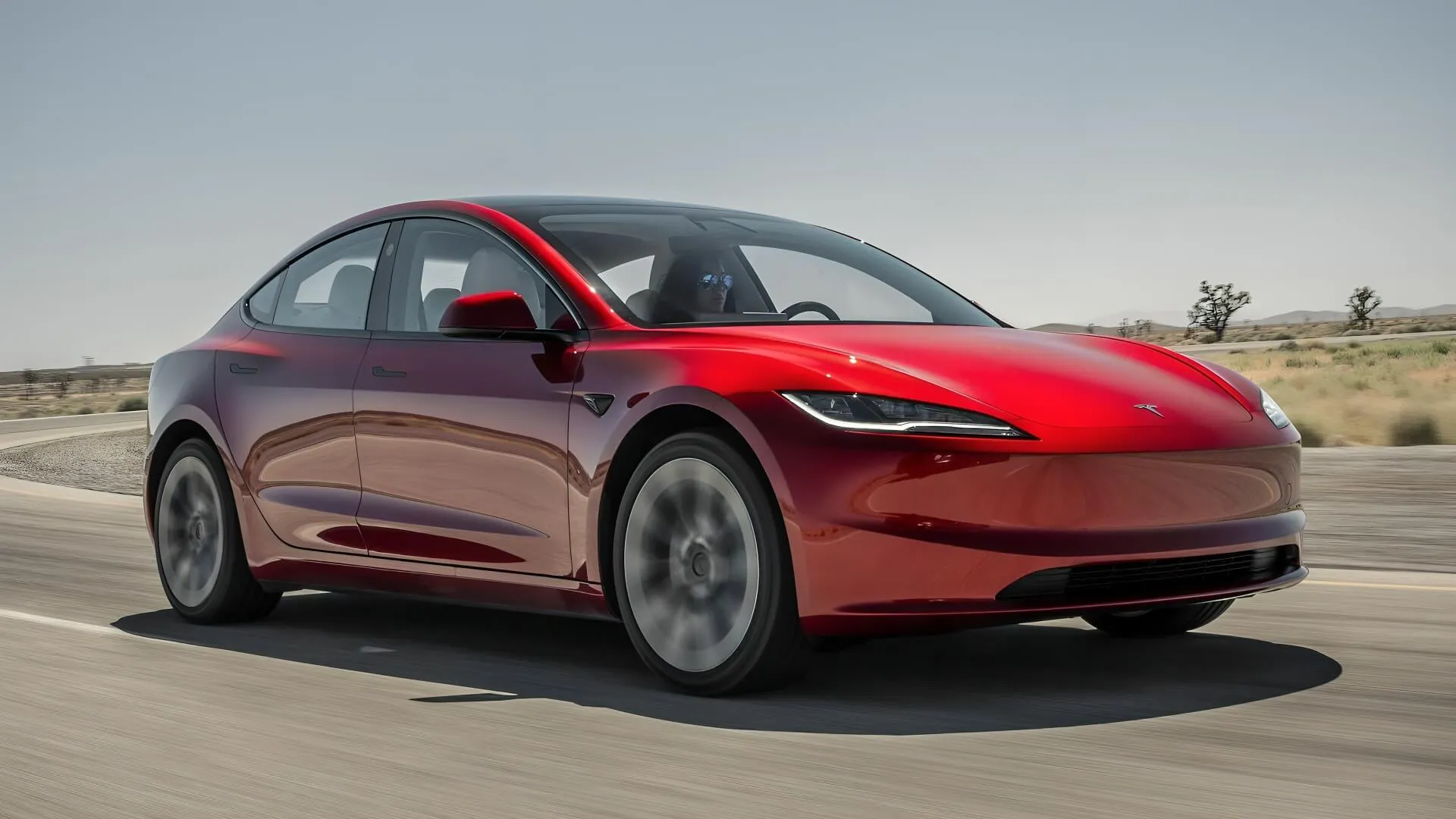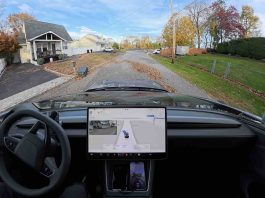Tesla is back in the spotlight as a fresh lawsuit claims that the car maker’s odometers might grossly overstate the actual miles put in by its vehicles. According to a suit recently filed by a California Tesla owner, the company may be exaggerating or faking how far it claims its vehicles can travel by as much as 117%, a technique that could let Tesla end warranty coverage prematurely.
The suit, brought by Tesla owner Nyree Hinton, cries foul about how mileage is tracked across Tesla’s entire fleet and what that means for the vehicles’ lives and warranties.

A Tesla Owner’s Alarming Discovery
Hinton, who bought a 2020 Tesla Model Y in December 2022 with 36,772 miles accumulated on it, alleges that mileage discrepancies started becoming visible in months. Hinton says that during the period from December 14, 2022, to February 6, 2023, they averaged about 55.54 miles per day, in line with their regular driving habits. But while the average slipped between March 26, 2023, and June 28, 2023, as the vehicle neared the end of its warranty term, it reportedly averaged a surprising 72.53 miles daily.
The issue became more alarming when Hinton compared actual driving miles to what Tesla’s software was spitting up. In one period, Hinton possibly drove 6,086 miles, but Tesla’s odometer indicated an astonishing 13,228 miles—more than double the actual odometer reading.
The lawsuit involves a patent Tesla had filed that describes a “miles-to-electrical energy conversion factor” that is to be used to calculate mileage. Rather than directly measuring miles driven, Tesla’s method would use factors such as chronicling activity and weather, raising the figure in miles logged.
Though there is as yet no confirmed proof that Tesla implemented this patented technology in their vehicles, the lawsuit claims that the discrepancy needed to account for is only possible if that system existed, in Hinton’s Model Y. Tesla fans and owners have vowed for years on online forums to thereafter volatile mileage inflation and therefore the lawsuit.
Implications for Warranty Coverage
Mileage plays a crucial role in Tesla warranties, which cover most vehicles for between 100,000 and 150,000 miles, depending on the model. If Tesla odometers are inaccurately recording mileage, warranties could expire much earlier than expected, leading to higher maintenance costs for owners and the potential invalidation of repair claims.
The case could set the stage for a larger investigation into the practices of Tesla, and may trigger a class action lawsuit if other owners join in with similar experiences.
Tesla’s Ongoing Legal Struggles
This is merely the latest example of Tesla being involved in a lawsuit. The company has seen lawsuits this year from corruption in pollution at its California production plant to publicized settlements, such as the one the company agreed to with the family of an Apple engineer who tragically killed himself in a Tesla Model X fire. Moreover, Tesla has been under class action lawsuits over its self-driving software pledges.
While Tesla has certainly had some key challenges in its reputation recently, arguably, the majority of them relate to CEO Elon Musk’s increasingly political and dubious politicking. Musk’s acrimonious public image has allegedly played a key part in the marginal decrease in Tesla sales in both the local and foreign markets.
On the other hand, Musk is also locked in a legal battle with Investor Service over his $56 billion compensation package, a record one that currently sits in limbo in Delaware.
Anyway, Tesla has chosen not to comment on the alleged defamation performed on workplace harassment against Nyree Hinton. If the lawsuit goes to discovery, it will shed light on whether the company has been using the patented mileage calculation method. However, the suit might not just change the legality for Tesla, it could also undermine public confidence in the brand, whilst the market for EVs is getting more and more puzzling day by day.



